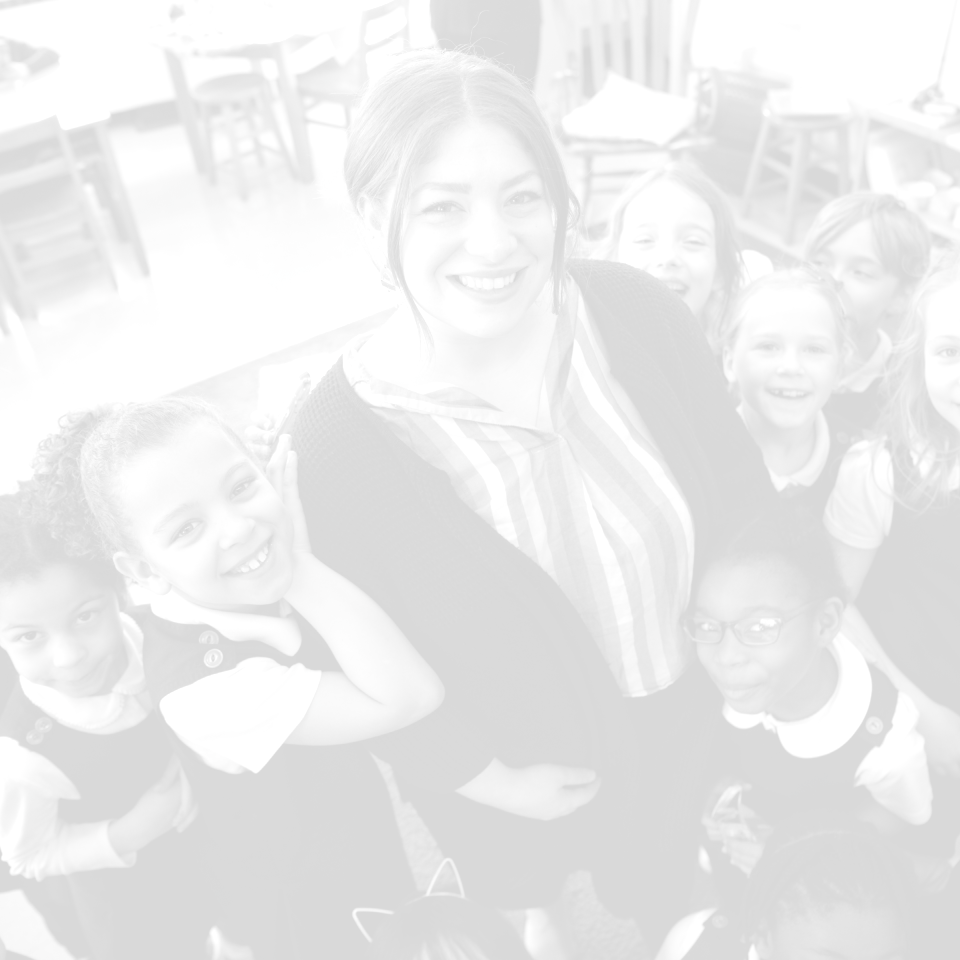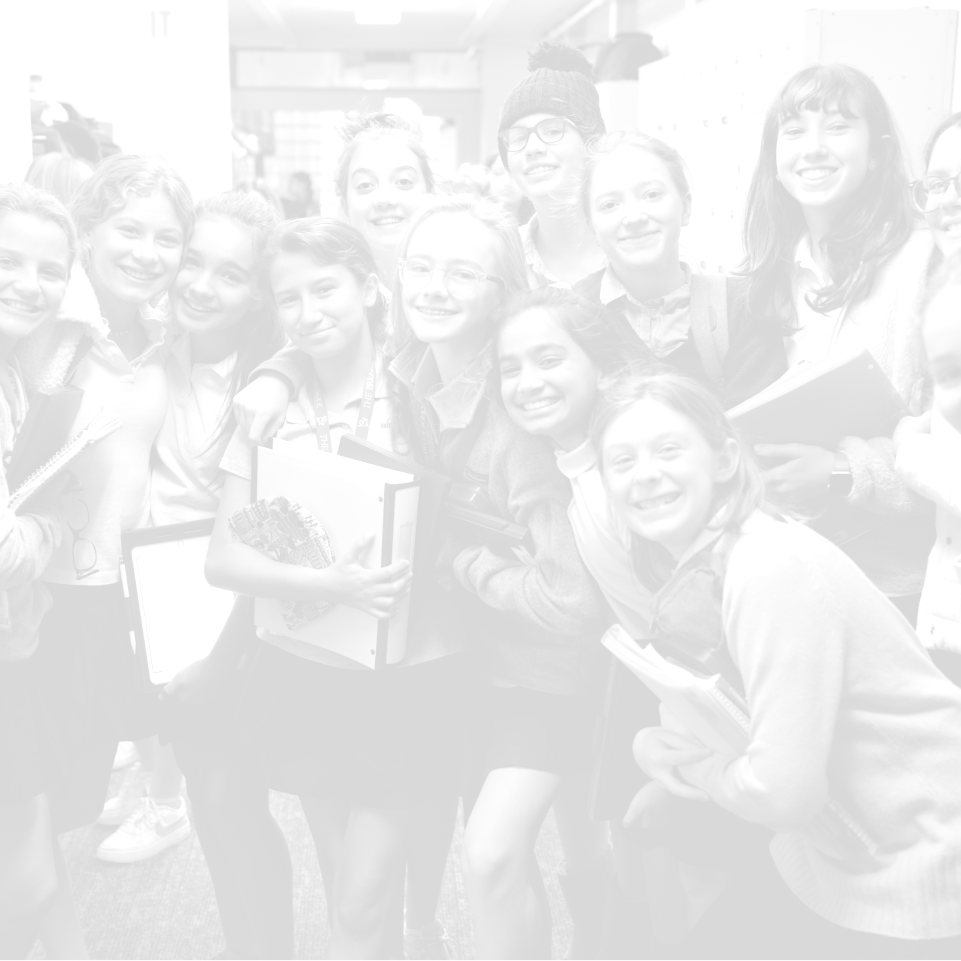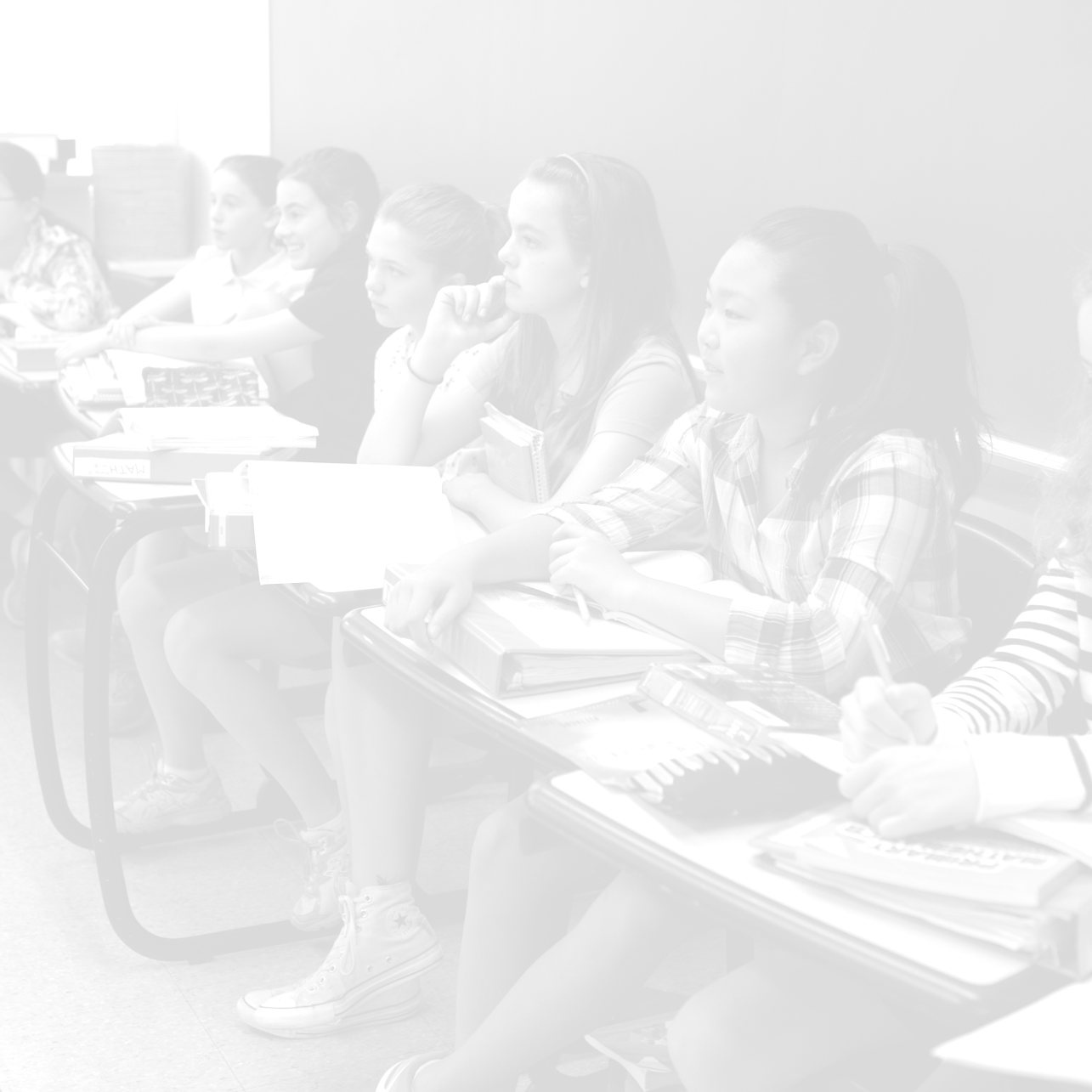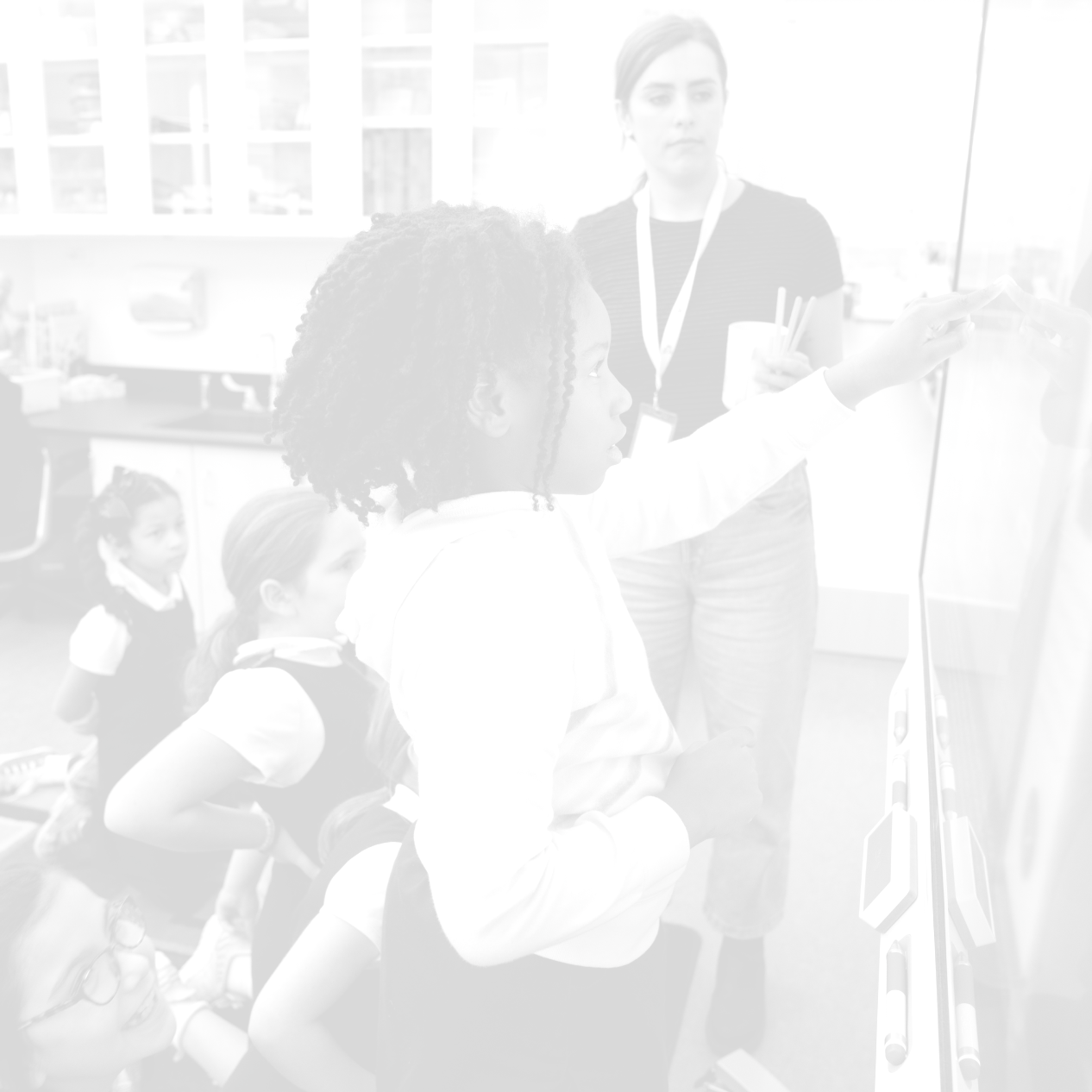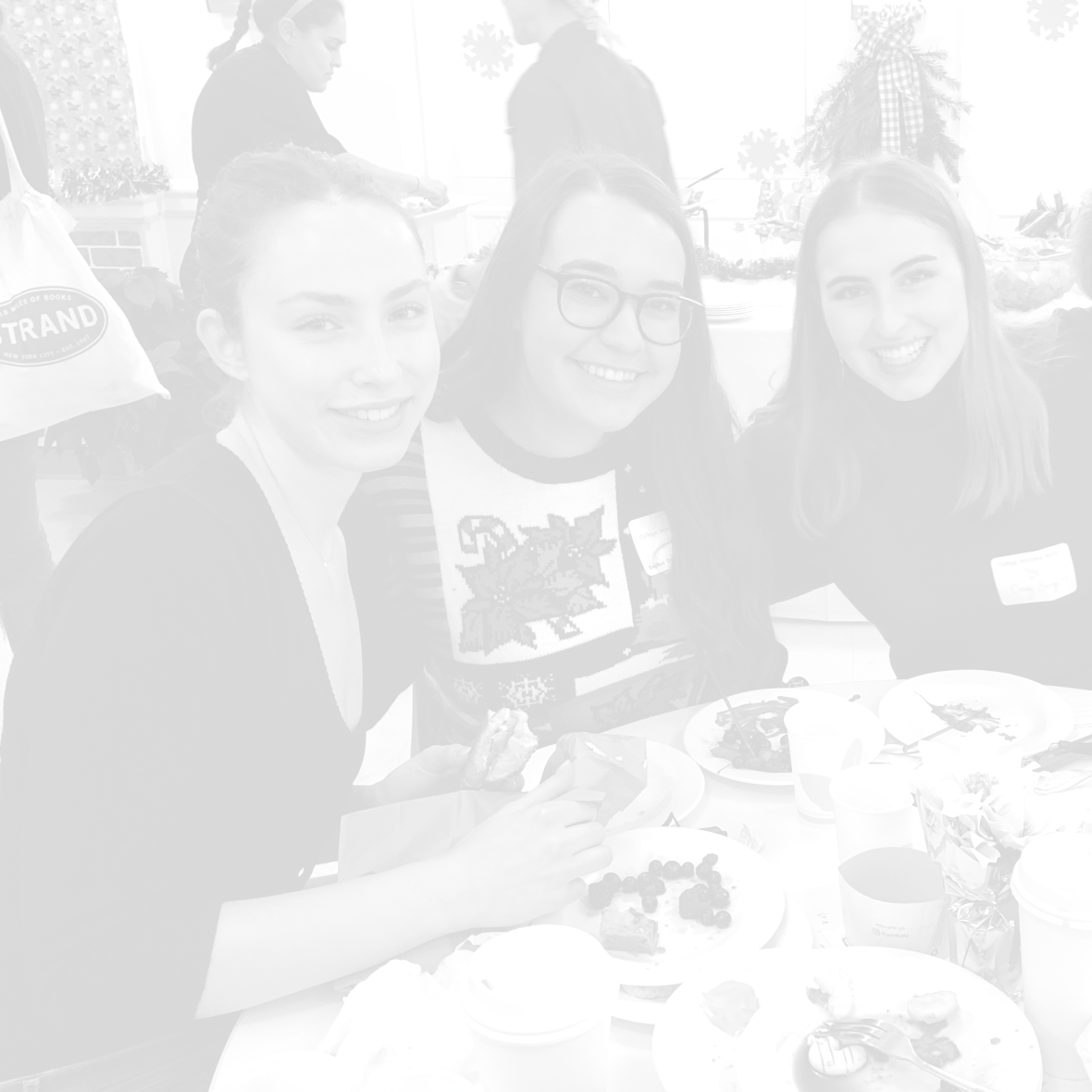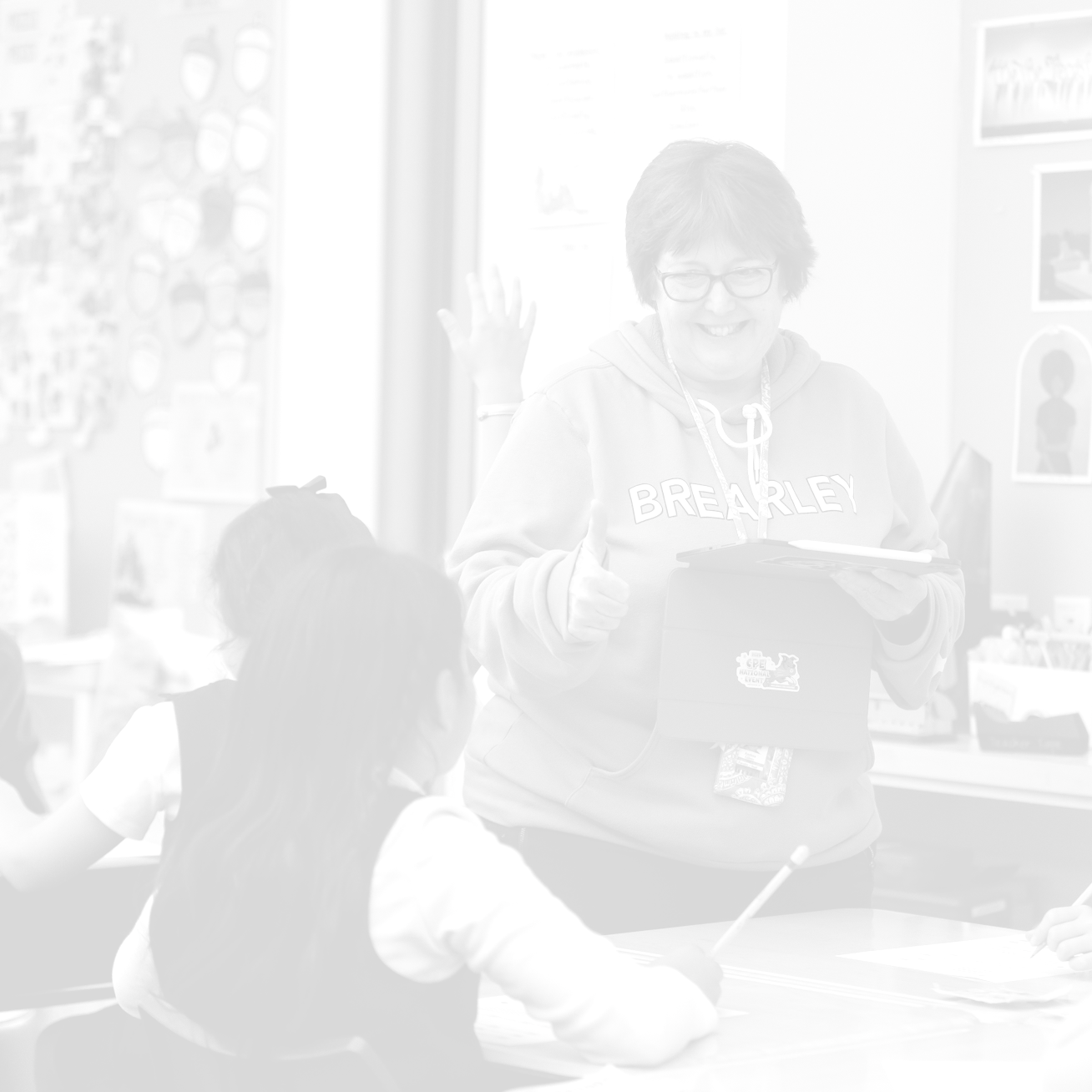Who Is In Your Circle of Concern?
Two of my former mentors, Ted and Nancy Sizer (he was a former head of Phillips Academy and founder of the Coalition of Essential Schools), wrote a series of books about ethical education around the theme that the students are watching and learning from the adults in their lives all the time. Their teaching has led me to think carefully about how I live my life as Head of School and the values of the educational communities I have joined.
Schools are like people: They have personalities, which develop over time beginning with their founding. Brearley’s history is based on equity—the mission to provide girls with an education equal to the programs at the schools their fathers and brothers attended. In the late nineteenth century that was not only a novel thought, it was revolutionary. Prevailing wisdom held that a rigorous education would be detrimental to girls’ “fragile” constitutions, and even if they were able to rise to the challenge, people asked why. What is the purpose of girls going to college? Did society have room for women who were intellectuals?
Today, one hundred and thirty-four years later, we celebrate and cultivate the power of girls’ intellect and work to advance equity in all that we do at Brearley. But every day we confront an ongoing challenge as we witness our fellow citizens struggling to treat with respect and dignity those who identify differently by race, religion, politics, geography, nationality, sexuality, gender or socioeconomic class.
That we are called to learn the same lesson over and over illustrates the magnitude of this quandary. This past week's horrific acts of hate that killed 11 people at the Tree of Life Synagogue in Pittsburgh and two African Americans in Jeffersontown, Kentucky, as well as the mailing of explosive devices to two former Presidents and other prominent Democrats are just the most recent examples. It takes work to make space in our lives for individuals or groups of people whom we perceive to be different, to identify what we have in common, to respect our differences, and to stand up to language or actions that are harmful to others. We are working hard at Brearley to encourage our students to be upstanders rather than bystanders, to lead, as I wrote in a previous Illuminations, by being active, engaged followers.
When adults in the community ask what we can do, I respond that we have a role to play, too. Gloria Steinem encourages us to look “in” to see how we as individuals can address the situation before we look “up” to a person in authority to solve the problem for us. One proactive step is to model good citizenship for our students. By enlarging our circle of concern, as urged by Richard Weissbourd, Director of Making Caring Common, an initiative of which the School is a member, we build empathy for those who fall outside our family or social groups. This begins here at Brearley.
Are we respectful of the views of others, do we listen to what they are saying? Do we speak with respect to everyone with whom we come in contact? Or is there a difference as to how the Head of School is addressed by community members compared to a teacher, or a member of Facilities or Security? And think about all the people with whom we interact each day. Do we model civility and respect as we pick up food for our family, a book at the library or make our way to and from school? How do we speak about other people with our children? This modeling shapes their values—the way they will treat others and the questions they will ask themselves about engaging with and supporting all citizens of this country and people around the world. We are never off duty in our role as parents and mentors.
I ask all members of the Brearley community to consider how we can make a difference in our students’ education by including in our circle of concern the fullness of humanity we encounter in our lives.
